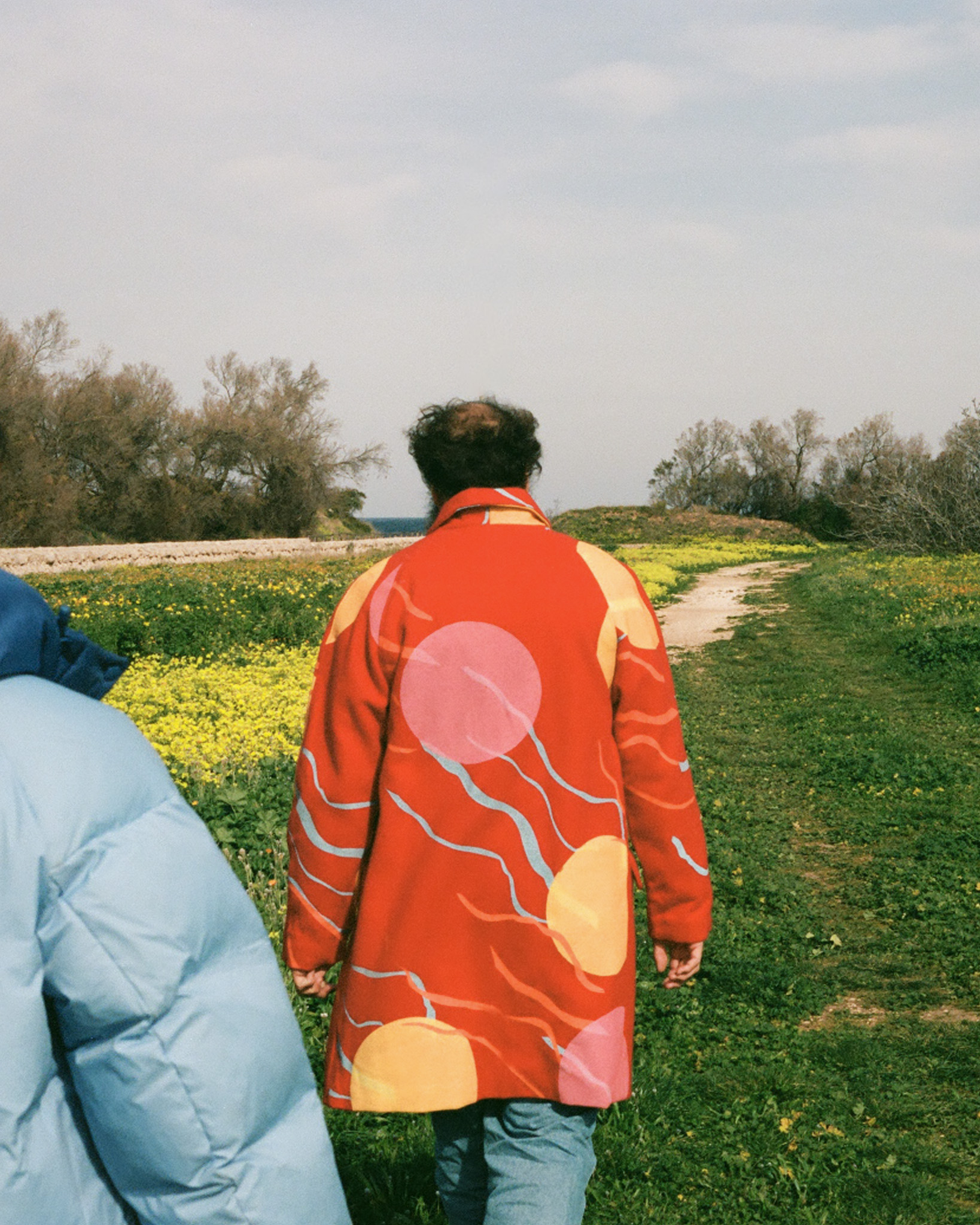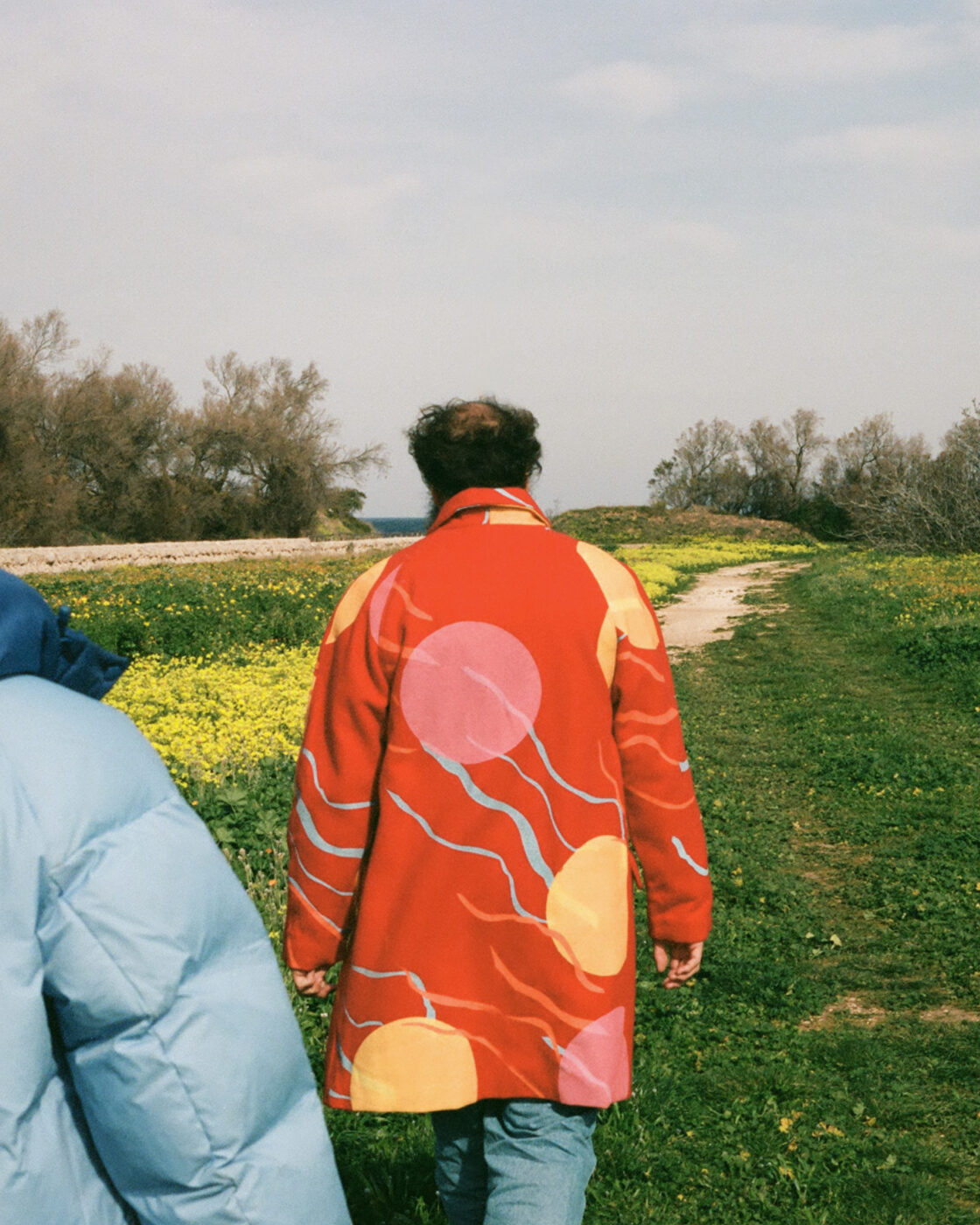I’m surprised when people ask me to write something like an article. Often, it’s someone who’s getting to know me, caught in that magical phase between meeting me and truly knowing me. They misunderstand the enthusiasm I bring to my personal life and assume I’ll carry the same joy into public writing.
Let me explain. If after a day spent enjoying the region’s beauty, we’re at dinner with friends, indulging in silly conversations and laughter, Marina might think I’m charming. In a momentary lapse, she might even ask me to write something for Italy Segreta. But it would be a mistake, and I’d have to tell her: if I write something, it’ll probably come across as unfriendly. And if the topic is (surprise!) Puglia, I won’t just be unfriendly, I’ll be downright unbearable. She insisted.
Isn’t today’s conversation about Puglia, tourism, and how to combat it getting old? On how to reverse the postcard image created by social media, or the idea of contemporary local culture finally sending the now-exhausted folklore into retirement? Haven’t we addressed all of this yet? Why don’t we talk about something else for a change?
Marina says, “Write whatever you want.”
It seems to me that whenever culture in Puglia is discussed, everyone complains too much. I hear the echoes of all these local social “activists”–definitely great actors, but socially concerned I’m not so sure–who always have something to say.
To truly understand the cultural landscape in Puglia, one must envision countless small provincial entities, each taking turns to speak and striving to exist, survive, and make an impact, be it through an exhibition, a festival, or an inclusion project. They are often associations, collectives, hubs, projects—banded together to ask grants from the state. I’m talking about the generation that, from “bollenti spiriti” onwards, has learned the jargon to write projects in a language that doesn’t exist, to participate in calls for proposals, and to finally sit at the table with those illiterate local politicians, all salivating at the prospect of public funds while the others hope to secure a salary for a few more years.
Then, after poring over hundreds of pages of proposals, two or three times a year, our “actors” get to the final act, the performance of ACTUALLY doing what they asked the money for. They arrive exhausted, I’ve noticed, to the point that implementing what was agreed upon with institutions often seems like a perfunctory return act, the tired final step of a process that has nothing to do with the event itself. While, on one hand, it covers expenses, on the other, it kills the spirit and compromises the results.
If Post Disaster, known for its excellent aesthetics and programming, can afford to organize a free festival on the terraces of Taranto where attendance is sometimes scarce, if Cave Contemporary (which I hold dear) can afford to get kicked out of the former Capuchin convent in Grottaglie for “misconduct,” losing a fantastic venue and all the equipment purchased for them, and if in Taranto we’re still painting murals chanting the mantra “our open-air museum will save the world,” something is amiss.
I wonder if this welfare system of regional, national, and European funds, instead of helping local entities develop their own discourse and eventually making them independent and sustainable, produces a perverse mechanism where no one takes responsibility and only acts when pampered and protected by institutions.
My suspicions grew stronger when, a few weeks ago, between calls with my greedy accountant (European funds don’t pay my taxes), I received an email from a collective of optimistic girls who last year showcased all of Puglia’s artistic realities; in copy, more than 70 artists, curators, festivals, and various cultural operators. The email followed a meeting between some of the 70 and the aforementioned political ignoramuses. I admit that I read it superficially and through just one eye I peaked at some of the answers. I seemed to understand that the choir was singing that: not only are things done only when and if financed from above, but also that grants are difficult to write and they must be simplified! The political class is too distant and culture and art MUST be financed and supported by the institutions!
To prevent what I wanted to reply from getting trapped in an email intended only for these 70, who would consequently have disliked me, I take this opportunity to state once and for all what I think: WHERE THE HELL IS THIS WRITTEN?
Where is it written that if you like drawing, music, or theater, you should immediately qualify for funding? Where is it written that if the blacksmith down the street likes iron, he’s responsible for renting a space, paying bills, buying materials, finding clients, producing what THEY want, and hoping to be paid enough to survive, while you get to enjoy beers at a concert you wanted to organize at which you don’t care how many people show up because everything is paid for, and, in the end, you come out with a role, a personality, an attitude?
How many of the projects funded by “bollenti spiriti” are still simmering? How many of those projects from that wave have generated lasting and substantial opportunities for sustainability?

